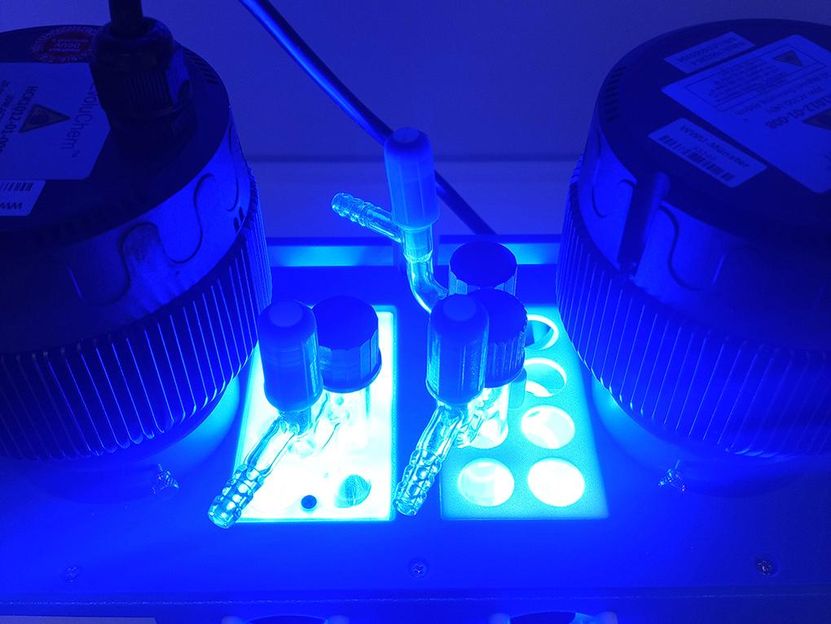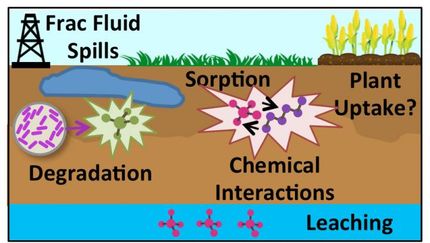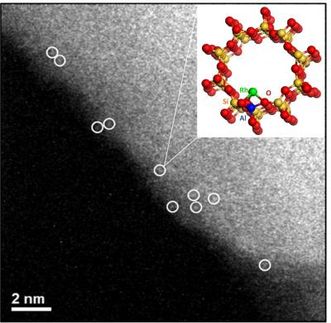Test aims to identify shale gas hazard in groundwater
A test has been developed to check for contamination of shallow groundwater from unconventional gas extraction techniques, such as fracking.
The development could help monitor the safety of shale gas and coal bed methane extraction, which has sparked debate because of the perceived risks of water contamination.
Methods used for shale gas extraction include hydraulic fracturing, commonly known as fracking, in which shale rocks below ground are split with high-pressure fluids to release gas that is recovered for fuel. Coal bed methane is extracted from deep coal seams by drilling into the coal to reduce the pressure and release gas.
The need for such a test was highlighted following allegations in the US that, following fracking operations, drinking water had become contaminated with large amounts of methane from deep below ground.
Groundwater often contains methane gas from shallow natural sources, which is harmless in small quantities. The researchers have developed a new way to fingerprint methane gas by identifying tiny traces of inactive natural gases, known as noble gases. These fingerprints vary depending on the origin and depth of the methane, and enable scientists to pinpoint its source.
The researchers, from the Universities of Edinburgh and Glasgow and the Scottish Universities Environmental Research Centre, have recorded these unique fingerprints in a number of exploratory shale gas and coal bed methane wells from around the UK. They are presenting these findings today (Friday) at the European Geosciences Union Conference in Vienna.
The fingerprint analysis can be used to determine the origin of methane at exploration sites. If levels of methane in groundwater are found to have changed following exploration activity, and the gas is traced to exploration or extraction activity, appropriate action can be taken.
Scientists developed the test by adapting a technique used for monitoring potential leaks of carbon dioxide gas from storage sites deep underground.
Dr Stuart Gilfillan, of the University of Edinburgh's School of GeoSciences, who led the project, said: "Creating this fingerprint test will enable gas exploration and extraction to be carried out responsibly and should help address public concerns over this technology. It is important that careful monitoring of methane levels in nearby waters is carried out when commercial extraction begins."
Most read news
Organizations
Other news from the department science

Get the chemical industry in your inbox
By submitting this form you agree that LUMITOS AG will send you the newsletter(s) selected above by email. Your data will not be passed on to third parties. Your data will be stored and processed in accordance with our data protection regulations. LUMITOS may contact you by email for the purpose of advertising or market and opinion surveys. You can revoke your consent at any time without giving reasons to LUMITOS AG, Ernst-Augustin-Str. 2, 12489 Berlin, Germany or by e-mail at revoke@lumitos.com with effect for the future. In addition, each email contains a link to unsubscribe from the corresponding newsletter.
Most read news
More news from our other portals
Last viewed contents



























































